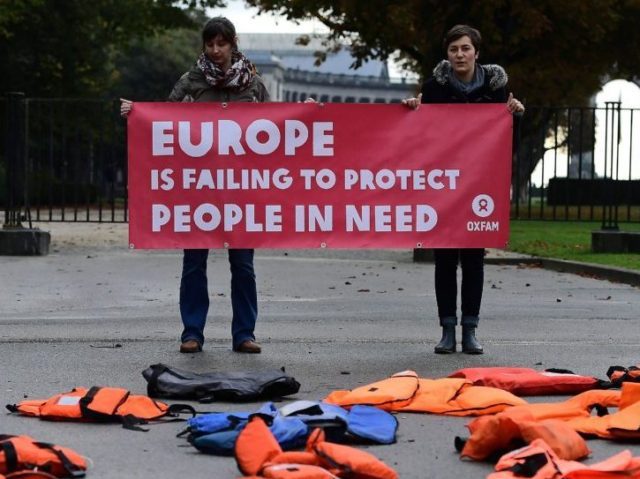European Union member states have been given the go-ahead to reject asylum claims from individuals with links to terror networks, even if they have not committed any terrorist acts.
A ruling by the European Court of Justice, the highest court in the EU to rule on matters of EU law, has confirmed that playing a supporting role in terrorist activities does constitute grounds to deny refugee status, being contrary to United Nations principles.
The decision came in a ruling on the case of Mostafa Lounani, a Moroccan national who in 2006 was convicted in Belgium and sentenced to six years in prison for forging passports for would-be militants in the Belgian cell of the “Moroccan Islamic Combatant Group” terrorist organisation, Deutsche Welle has reported.
The courts described his actions as “an act of participation in the activities of a cell providing logistical support to a terrorist movement”.
In 2010, Lounani applied for asylum in Belgium, claiming to be at risk of persecution as a radical Islamist if returned to the Moroccan authorities. His claim was denied, but appealed to the Belgian Council for asylum and immigration proceedings who said his actions could not be deemed “acts contrary to the purposes and principles of the United Nations” as he had not personally committed terrorist acts.
But the ECJ disagreed, ruling that his “logistical support to the activities of that group has an international dimension in so far as he was involved in the forgery of passports and assisted volunteers who wanted to travel to Iraq.
“In the opinion of the court, such acts can justify exclusion from refugee status,” it added.
The court further noted that the rules on asylum “cannot be confined to the actual perpetrators of terrorist acts, but can also extend to the persons who engage in activities of recruitment, organization, transportation or equipment of individuals” who plan, prepare or perpetrate a terror attack, Politico has reported.
The ruling is likely to impact how EU nations deal with asylum claimants suspected of participating in terrorist activities. It is particularly pertinent as questions are raised over why the terrorist who carried out an attack on a Berlin Christmas market, killing 12 with a truck, was not detained for deportation after telling a German intelligence officer that he was considering an attack in Germany.
Two Dutch criminologists this week called on their government to admit that it is almost impossible to differentiate jihadists from asylum seekers, saying “no one really knows how” to screen them out.

COMMENTS
Please let us know if you're having issues with commenting.